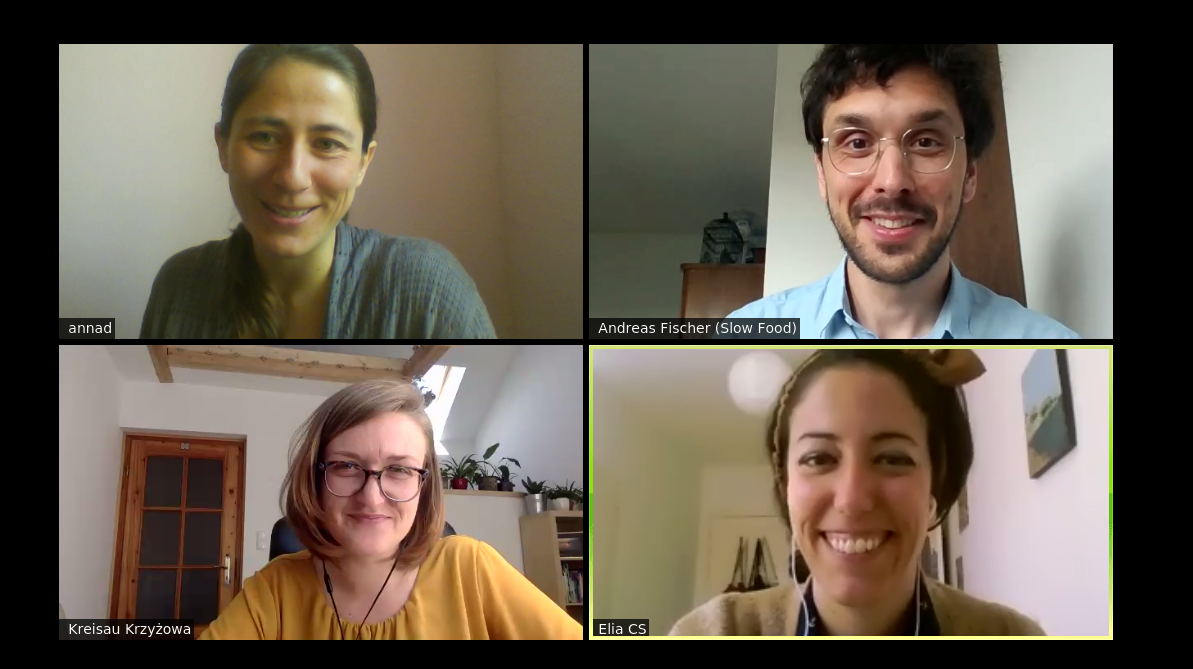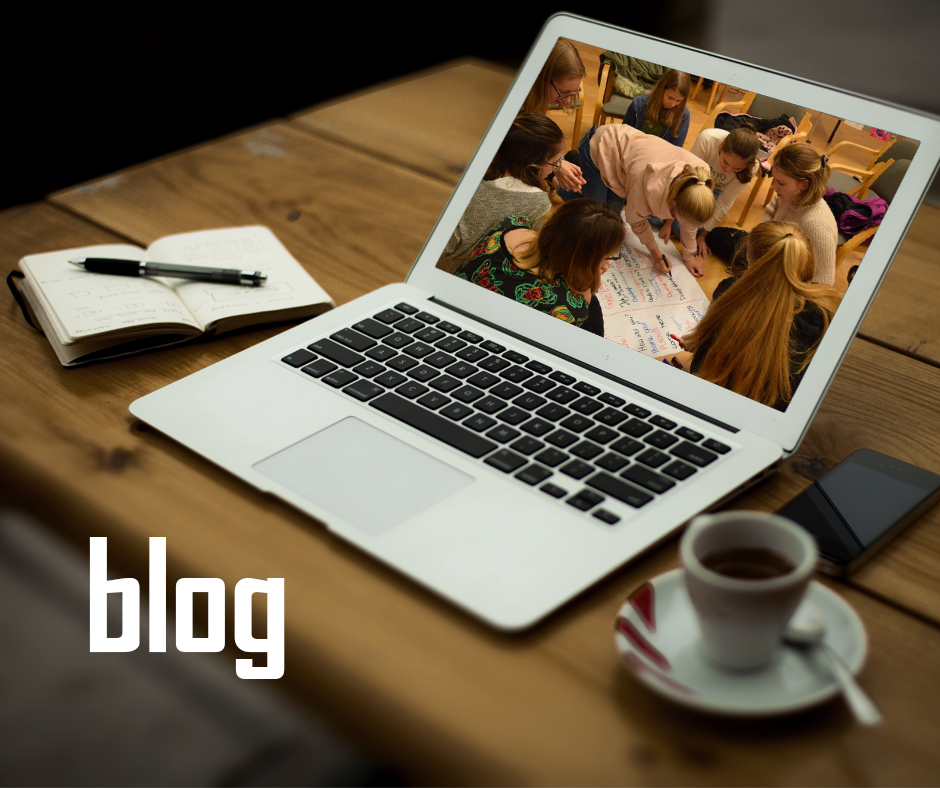 Intercultural cooperation is one of the 17 Sustainable Development Goals of the United Nations, but so far it has rarely been used in practical nutrition education. Slow Food Deutschland e.V. and Krzyżowa Foundation for Mutual Understanding in Europe want to change this by implementing an intercultural project as part of Polish-German cooperation.
Intercultural cooperation is one of the 17 Sustainable Development Goals of the United Nations, but so far it has rarely been used in practical nutrition education. Slow Food Deutschland e.V. and Krzyżowa Foundation for Mutual Understanding in Europe want to change this by implementing an intercultural project as part of Polish-German cooperation.
Read more: "Food - with a tradition in modernity".

The Krzyżowa Foundation is launching an online workshop entitled: „’89. 30. years after the fall of the Iron Curtain” / „’89. 30 lat po upadku Żelaznej Kurtyny”.
The workshops are addressed to middle class students and their aim is to bring closer the changes that led to the breakthrough year 1989 and the fall of communism in selected countries of Central and Eastern Europe.
During the workshops, young people will have the opportunity to learn not only the history of political, economic and social changes of the 1980s, but also the accounts of witnesses of these events - people involved in the activities of the democratic opposition - that will allow them to understand what hopes they associated with the fall communism in Poland.
Read more: Online workshops || 30. years after the fall of the Iron Curtain
Language Emergency Service from Krzyżowa
19.05.2020, Lucyna Boryczko
For two months now, e-learning has been carried out in Polish schools. Much has been said about the increasingly visible social stratification and exclusion affecting a large group of students. Most often, there is talk about families without appropriate equipment and dysfunctional families. Unfortunately, apart from people who are digitally or socio-economically excluded, we also observe other groups that are severely affected by the negative effects of e-learning. Among them there are many students with migration experience.
To understand their difficult situation, it is enough to think about how e-learning looks in families where parents speak Polish. Through the eyes of our imagination (or our own, if we have children) we can see a somewhat comical picture of the family members, who often try to continue their duties - work and study, moved from offices and schools to their homes. The latter already makes us smile. Where did the home environment go? Parents, often uncertain of tomorrow, try to cope with their duties at all costs - they reply to emails, answer phone calls, and almost at the same time cook, resolve conflicts between children and manage the division of computer equipment between the household members. In addition, they often have to act as teachers for their own children. Easy? Now let's imagine that we don't speak Polish or speak poorly, and our children participate in remote learning taking place in this language.
Read more: Language Emergency Service from Krzyżowa
Where to find inspiration? We recommend educational platforms
13.05.2020, Anna Kudarewska
Krzyżowa is a place whose heart is education. However, as we already know from the previous post on " The Pedagogue's Blog", the most important is the process. And we want very much, at different stages, to support participants of this very important and interesting process - students, teachers, parents - by showing new ways, unconventional solutions, interesting methods, inspiring materials.
The important areas in which the IYMC in Krzyżowa is active are - besides historical education and civic education - intercultural and global education. For several years now, we have been working and implementing tools that broaden, complement and enrich formal education in these areas, as well as providing ready-made materials, scenarios and training, thus supporting teachers and educators who then pass on their knowledge to children and young people.
We would like to recommend you two educational platforms - created or co-created by us - which can be a support during the period of e-learning forced by pandemic . What is important for us is that they address a very important issue in times of social isolation - global and intercultural education.
Read more: Where to find inspiration? We recommend educational platforms






